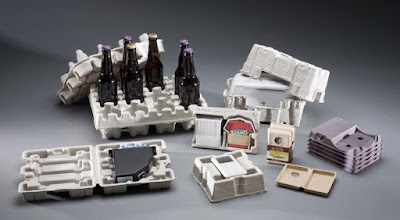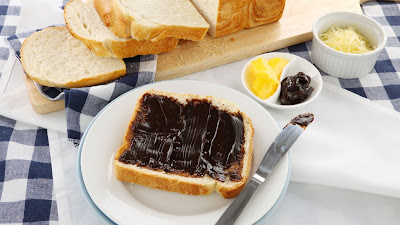Molded Fiber Pulp Packaging Is Made With Recycled and Renewable Materials and Is Good For the Environment
 |
Molded fiber pulp packaging is used in several regions such as the U.S., U.K., and Italy. Molded fiber pulp packaging is also recyclable aside from being an attractive and environmentally-friendly packaging material. Its fibers are completely biodegradable, making molded fiber pulp packaging an ideal material for food packaging. According to the International Molded Fiber Association, there are four types of molded paper: single mold, two molds, and triple-molded paper. The wall thickness varies from three-sixteenths of an inch to three-eighteenths of an inch.
To make molded fiber pulp packaging, recycled paperboard and water are combined with a fungicide and binding agent. The mixture is then poured into giant caldrons where molds are used to shape the fiber slurry. The process also saves energy by using large ovens, which help in strengthening the resulting products. This eco-friendly alternative to conventional materials is the preferred choice for many businesses and farming businesses. While this process requires more energy than the traditional production methods, the resulting packaging is highly recyclable and environmentally friendly.
There are many advantages of molded fiber pulp packaging. This material is biodegradable and recyclable. Its high-definition surface is a major benefit of molded pulp. It is ideal for applications where high definition is a necessity, such as in packaging. Additionally, molded-powder paper is also a highly-efficient packaging material. The resulting molded fiber pulp packaging material can be recycled and reused without causing pollution. The increasing prevalence of environmental organizations in regions such as the U.S. has also increased the usage of molded fiber pulp packaging. For instance, according to Matador Network, there are more than 20 main green groups in the U.S.
Even though molded fiber pulp packaging is made from recycled materials, it is not environmentally friendly. It is not compostable and breaks down in the soil in just a year. It will not harm marine life, which is a concern for many consumers. It can also be produced in a closed-loop water recycling facility, which eliminates waste and energy emissions. This means that molded pulp can be made with minimal environmental impact. It's a green alternative to plastics, vacuum-formed PET, and PVC.


%20Treatment%20Market.jpg)
Comments
Post a Comment